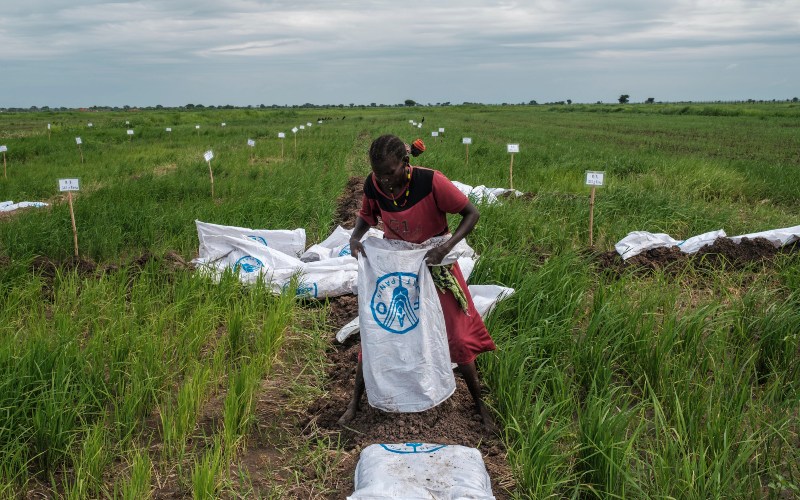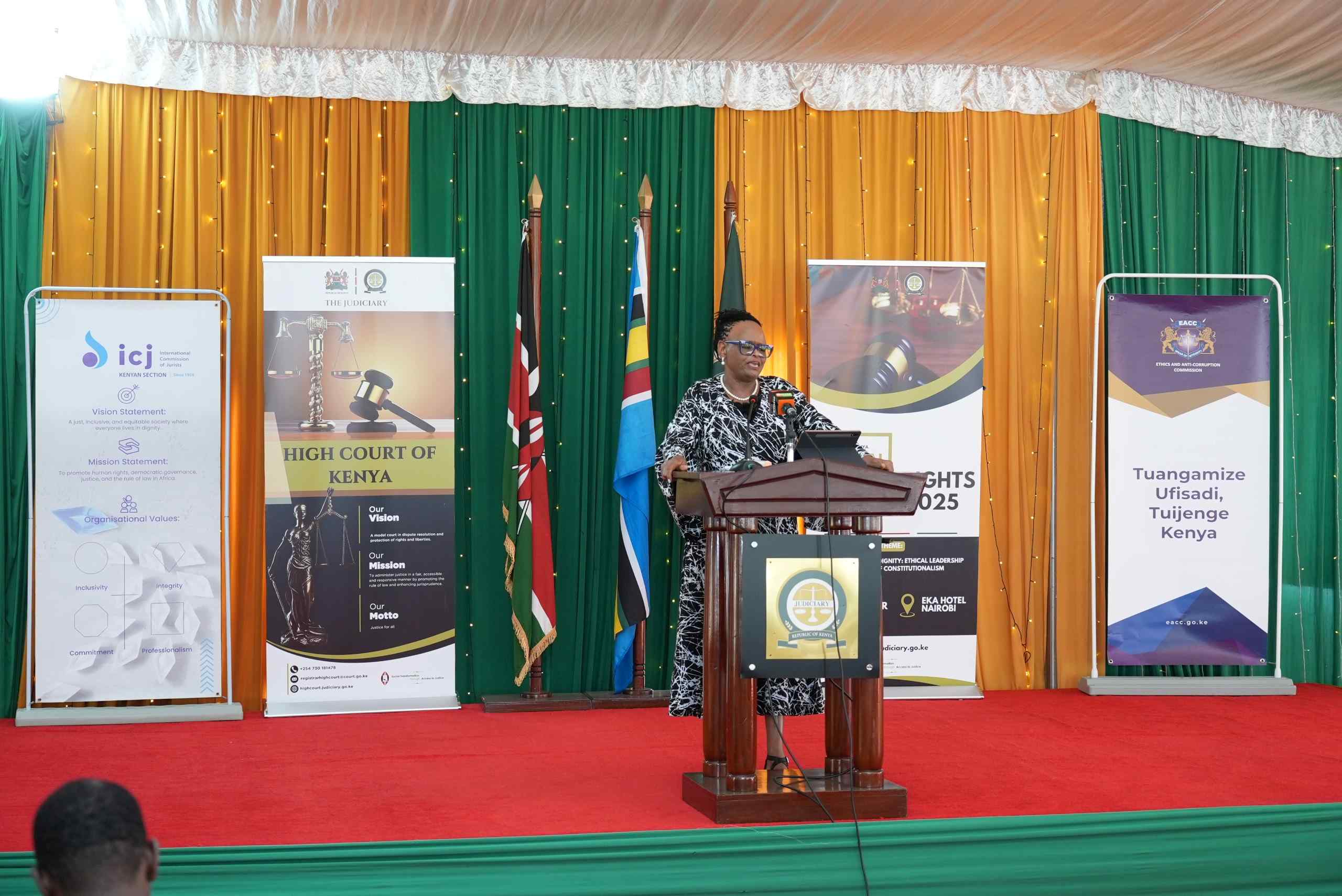CBK data shows Sh344 billion decline in mobile money transactions, steepest drop in 18 years

This is only the second recorded contraction in agent cash volumes since CBK started tracking the data in 2007, following a 2.7 per cent decline in the previous year.
The value of transactions processed through mobile money agents in Kenya has fallen sharply, reaching its steepest decline in nearly two decades.
According to new figures from the Central Bank of Kenya (CBK), the total cash moved through platforms like M-Pesa and Airtel Money dropped by Sh344.9 billion in the nine months to September, highlighting the financial strain on households and businesses across the country.
More To Read
- M-PESA Ethiopia works to fix App blocked on Ethio Telecom data
- Uwezo Fund disburses Sh2.2 million to 14 community groups in Kamukunji
- Kenya adopts Women Entrepreneurs Finance Code to close gender financing gap for women entrepreneurs
- Safaricom rolls out Daraja 3.0 in major M-Pesa API redesign
- Kenya Kwanza adds Sh3 trillion to national debt in three years, CBK reveals
- CBK warns of rising debt distress, urges fiscal coordination
During the period, agents handled Sh6.2 trillion in transactions, down from Sh6.5 trillion in the same months last year. Analysts link the fall to reduced disposable incomes, higher living costs, and limited job openings in crucial economic sectors.
While the Stanbic Kenya Purchasing Managers Index indicated some growth in private sector activity, with readings above 50 for six months, many companies refrained from wage increases or hiring new staff, leaving households with less money to spend.
Inflation further weakened the spending power of ordinary workers, reducing the flow of cash in the economy.
At the same time, outstanding government payments to contractors and suppliers reached Sh524.8 billion by June, constraining liquidity even further.
This is only the second recorded contraction in agent cash volumes since CBK started tracking the data in 2007, following a 2.7 per cent decline in the previous year.
Interestingly, while the total value of transactions fell, the number of transactions grew slightly to 1.91 billion, a 2.7 per cent increase from the previous year.
This indicates that users are increasingly splitting their payments into smaller amounts, avoiding larger transfers that often require higher fees or substantial cash availability.
The number of active mobile money agents expanded by 24.3 per cent to 456,742, while registered accounts grew to 87.01 million, demonstrating that more people continue to use digital financial services even amid reduced cash circulation.
Safaricom reported a 14.1 per cent increase in its agent network, reaching 298,890 outlets by September.
Banks are also playing a role in the slowdown. With high cash reserves due to slower loan demand and cautious lending practices, financial institutions are limiting the release of large sums into the economy.
High default rates on loans have further restrained banks from extending credit, reducing opportunities for large cash movements that would otherwise pass through mobile money agents.
Competition from banking apps and mobile banking solutions has also changed how people handle money.
Many customers now transfer funds directly between accounts and wallets, bypassing agents for larger sums. The trend contrasts sharply with the early days of mobile money, when agents were central to most financial transactions and cash dominated daily payments.
Top Stories Today















































